The Nairobi Expressway, which was introduced as a modern solution to Nairobi’s traffic problems, has slowly turned into a burden for many Kenyans.
While a few drivers enjoy the speed and convenience it offers, countless others see it as a trap where every mistake or misfortune comes with a heavy financial price.
A recent incident brought this to light when a driver’s car broke down at the Capital Centre exit, spilling engine oil on the road. What should have been a normal roadside emergency quickly turned into a financial nightmare when the maintenance crew charged him 24,000 shillings for cleanup.
He was told that if he didn’t pay immediately, his car would be towed to the police station.
This was not an isolated case but part of a growing list of complaints where breakdowns lead to massive, unexpected costs.
The expressway was constructed at a staggering cost of 65 billion shillings under a public-private partnership that was praised as innovative but has now raised many concerns.
From the beginning, toll charges were set high, ranging between 170 and 500 shillings depending on distance and vehicle type. After recent hikes, many drivers are left feeling priced out, forcing them to continue battling traffic on the old roads below.
Critics argue that the money collected daily estimated to be around 30 million shillings has not translated into better transport for the majority of Kenyans.
Instead, it seems to enrich private interests tied to powerful figures while the average driver pays and suffers.
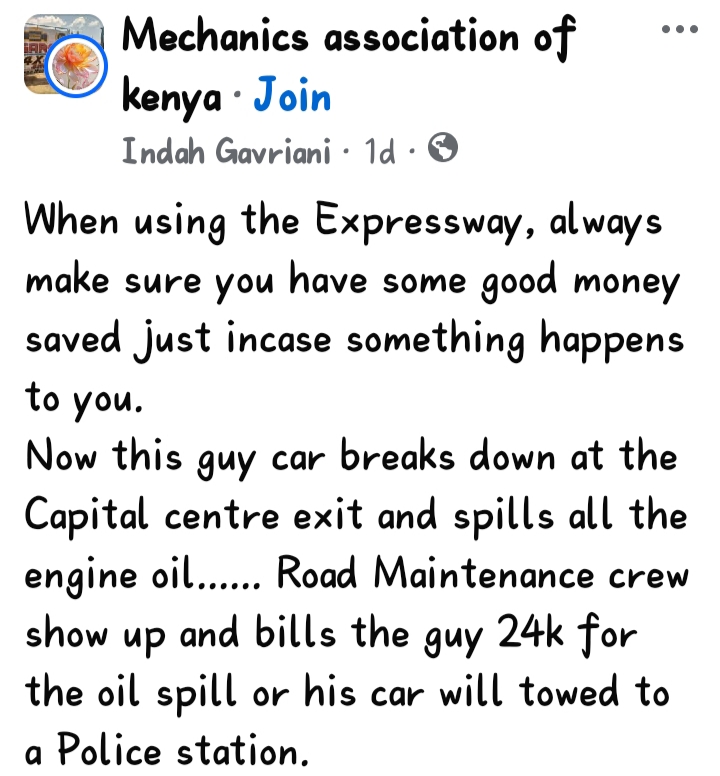
The hidden charges sting the most. The official guidelines advise drivers to call for help in case of accidents or breakdowns, but what people are not told upfront is that they may face heavy fines for damages.
Stories of people being charged for oil spills or other minor incidents are multiplying online, with many calling the expressway a “scam.” Some users on social media have calculated that the project could generate up to 300 billion shillings over its repayment period, yet ordinary
Kenyans see little benefit from this massive revenue.
Concerns grow even larger when future projects are mentioned. Plans for a Nairobi-Mombasa expressway, with a cost projected at over 400 billion shillings, suggest tolls could reach as high as 5,000 shillings one way.
If the current system is anything to go by, it will likely become another road that locks out the majority while draining those who dare to use it.
Allegations of staff extorting drivers through mobile money scams only deepen public mistrust.
For many Kenyans, the expressway no longer symbolizes progress. Instead, it stands as a painful example of how public projects can be turned into machines for squeezing money out of ordinary people.
When a simple breakdown results in a 24,000 shilling bill, the promise of modern infrastructure feels less like development and more like legalized extortion. Until the system is reformed to be fair, affordable, and transparent, the Nairobi Expressway risks being remembered not as a solution to traffic but as one of the most expensive mistakes forced onto struggling citizens.







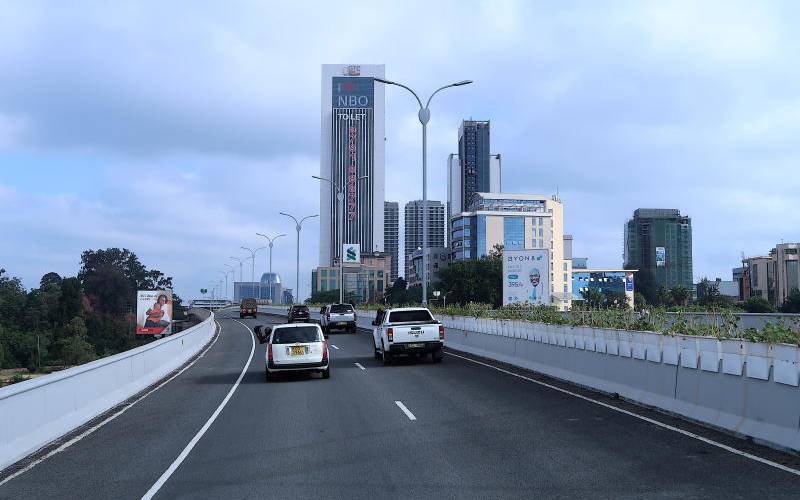
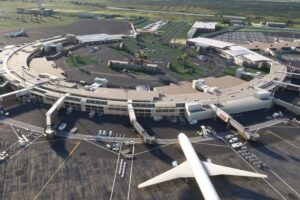
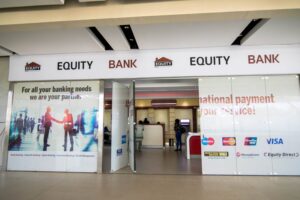



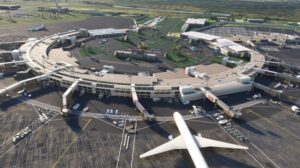


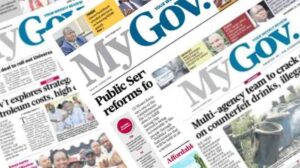

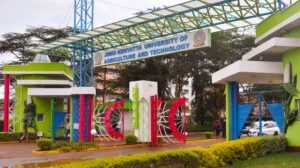


Add Comment